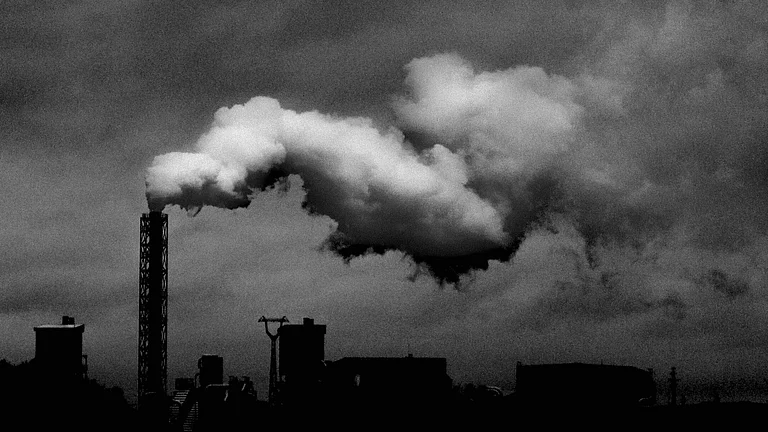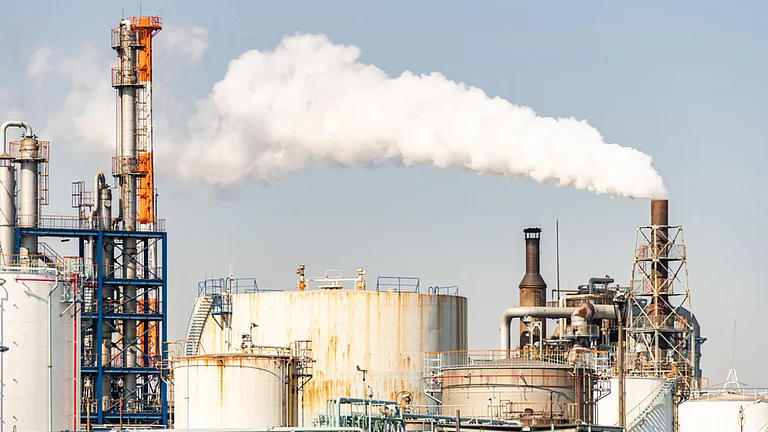With only six months left until COP30 only 21 countries i.e., 11% of countries have submitted updated climate targets under the Paris Agreement, according to International Institute for Environment and Development (IIED).
India Faces Heat as Only 11% of Countries Submit Updated Climate Targets Ahead of COP30
As the world lags behind on climate pledges, India is facing heat for its delayed submission of updated climate targets ahead of COP30
Parties to the Paris Agreement had to submit their updated Nationally Determined Contributions (NDCs) for 2035 by February 10, 2025. As of the February deadline, only 13 of the 195 parties had managed to meet the deadline, reported Carbon Brief.
He added that countries need to submit their plans “at the latest…by September” in order to be included in the UN’s next global “synthesis” assessment of climate action ahead of COP30.
In a 6 February speech, UN Climate Chief Simon Stiell said the “vast majority of countries have indicated that they [will] submit new plans this year” and “taking a bit more time to ensure these plans are first-rate makes sense”, according to Carbon Brief.
As a consequence, the deadline was pushed to September 2025.
Countries missing the deadline represent 83% of global emissions and nearly 80% of the world’s economy, according to Carbon Brief analysis. As the world lags on updated pledges, India’s own climate leadership is facing scrutiny.
India’s Climate Leadership
India is already experiencing the adverse effects of climate change. From deadly heatwaves and prolonged droughts to frequent floods and cyclones, the country is rapidly experiencing consequences of extreme weather.
In 2024, extreme weather-related fatalities in India surged alarmingly, with 3,238 deaths in the first nine months alone—an 18% increase compared to 2022. This rise in fatalities underscores the escalating toll of human inaction on climate change, according to a March 2025 Greenpeace report.
Despite an increase in adaptation spending (from 3.7% of GDP in FY16 to 5.6% in FY22), funding remains insufficient. Notably, the Union Budget 2025 made no significant provisions for climate adaptation, leaving millions exposed to climate shocks without a clear strategy to safeguard lives, reported Greenpeace.
India has commitment to reducing its emission intensity by 45% of its GDP compared to 2005 levels and achieving 50% non-fossil fuel energy capacity by 2030. While these targets are ambitious on paper, India’s delay in submitting its updated NDCs has raised concerns about the credibility of its climate leadership.

